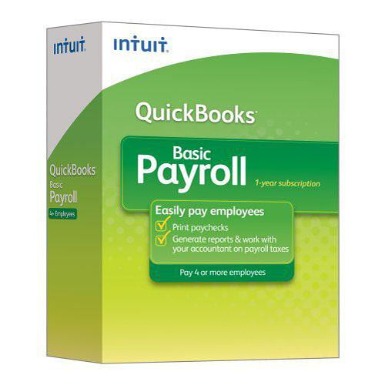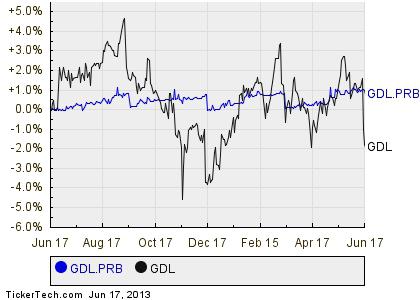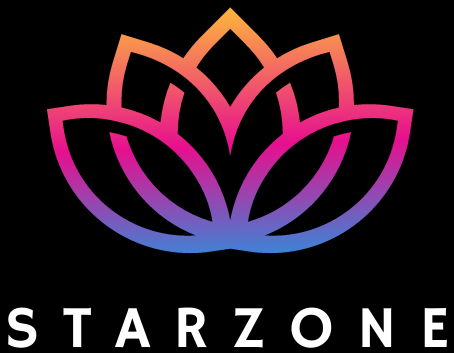
In case there’s a critical feature that Vtiger doesn’t have, you can connect it to Zapier to cover your use case. As a small business, you’re no longer in the early days of figuring out how things work. You have a good client base, your metrics are solid, and now you’re looking to scale. To do that, you need CRM software that’s not too basic but not too expensive, a blend of useful features and competitive pricing. For example, when a lead comes in, you can automatically assign it to a sales rep, send an automated email, or send reminders for upcoming calls.

Create rows on Google Sheets spreadsheets for new Kommo leads
Certinia is built on the top customer relationship management platform Salesforce. Due to this fact, enterprises can take advantage https://www.business-accounting.net/restructuring-charge-definition/ of in-depth analytics powered by Salesforce Einstein. The result is clear financial forecasting complete with extended predictions.
Best for Startups

Advanced features include double entry, payroll integration, project cost tracking, customization options and the ability to collaborate with an accountant. There’s https://www.business-accounting.net/ also a basic free plan available, with premium tiers starting at $15 per month per user. You can take advantage of a 21-day free trial for the paid plans as well.
Salesforce Sales Cloud
Additionally, you may want to consider taking some business courses if you don’t have a degree to learn more about starting and running a business. You can find these online and at your local Small Business Administration office. You don’t need one, but a business credit card can be helpful for new small businesses. It allows you to start building business credit, which can help you down the road when you need to take out a loan or line of credit. Additionally, business credit cards often come with rewards and perks that can save you money on business expenses. There are several funding sources for brand-new businesses and most require a business plan to secure it.
- Once I saved the new widget, it was automatically added to the dashboard.
- Few companies can match what Salesflare offers in terms of automation and intelligence.
- You can also update your sales forecast each time you progress through a deal to reflect your organization’s expectation for increased sales.
- If you operate a chain restaurant, for example, choose an accounting software that you can integrate with your in-store point-of-sale (POS) system.
Inventory Management
Bitrix24 is one of the closest products you’ll find to an industry-specific CRM for accountants. This is primarily due to its robust client management system where you can store contact data and documents, plan activities and calls with clients, and manage client tasks from the record. Bitrix24’s project why are accruals needed every month management module is also great for tracking progress on various accounting service deliverables like tax filings, financial audits, and periodic financial statement generation. Pipedrive gives accountants a leg up during the sales process through its deal, lead, and proposal management features.

Customer support
There’s a steep learning curve to follow if you want to get familiar with the platform either as an end user or administrator. This CRM has a mobile app that enables you to manage your sales leads on the go. You can do this from anywhere with your smartphone, especially where it’s uncomfortable to use your workstation, e.g., during a commute.
If your business is on a tight budget, consider free accounting software. Wave, for instance, provides many of the accounting and invoicing features you would find in paid programs. Zoho Books also offers a free plan for businesses with under $50,000 in annual revenue. For subscription pricing, expect to pay anywhere from $15 per month for a basic starter plan to $350 per month for a more advanced service plan. Other factors, like the included features and number of users, affect the monthly cost as well.
If any of my picks don’t fit these constraints neatly, I mention it in my review to give you a heads-up. In some cases, the unique approaches were compelling enough to include, even if it was missing one or two typical features. While we have a biased answer to the best CRM for small businesses, the truth is that the best CRM depends on your business needs. To identify the best software solution for your business, follow these steps. With a browser and inbox extension, you can take your CRM to any page on the web where you work.
And that’s just one of the dozens of other Zoho apps that the CRM integrates with—and most of them have either a generous free plan or accessible paid plans. SuiteDash takes a client-focused view of the client journey, creating custom proposals and portals that add a white-label touch to your customer management. In addition to standard CRM tools, SuiteDash offers a form builder, estimates, appointment scheduling, custom onboarding, and document management to your workflow. HubSpot CRM stores all the contact information you need in one place and lets you track and analyze sales activity in real time.
We found the software highly effective for growing businesses that want a tool to scale alongside their company. In our test of Plooto’s accounting software, we especially liked the automated invoice and billing tools. We also found the smart approval workflows, which streamlines the approval process for payments, to be especially valuable. Xero accounting software is for small businesses that want to streamline supplier payments and those who like detailed data visualizations and at-a-glance reporting.
